THE RACE TO ZERO
Members of the ZIS community all over the globe are working - from boardroom to the ocean to the biochemistry lab - on sustainable solutions to some of our planet's biggest challenges
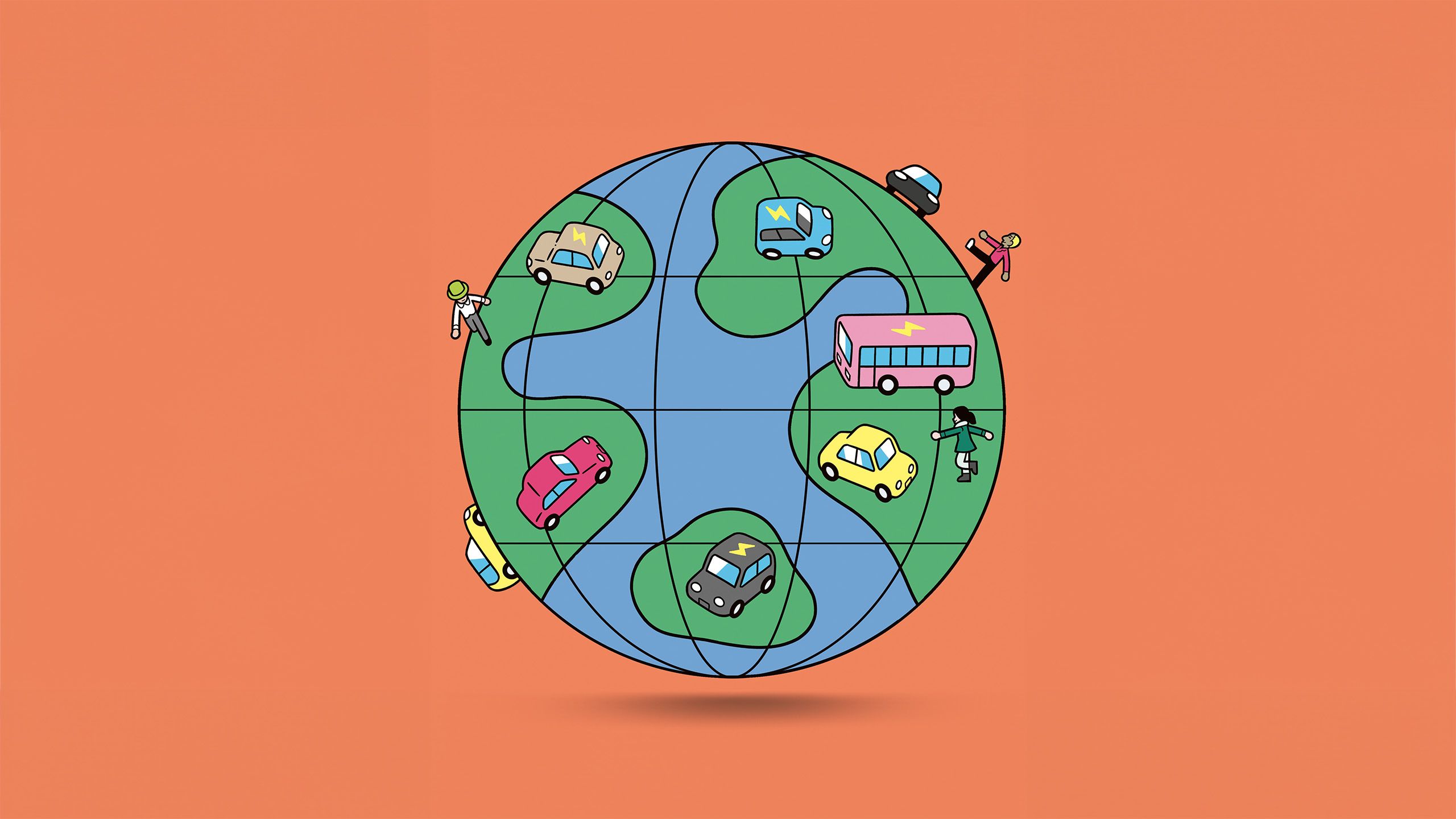
TRANSPORT Ø
ZIS is challenging its whole community to reduce car journeys by two thirds – introducing a new car-sharing app, increasing the Village Liner bus capacity and encouraging students to explore and champion public transport options.
We all know the world is in danger, but where to start? How about the ocean? In fact, start with the phytoplankton. Why? Because according to Sophie Zweifel, Class of 2016 (2007-16), these sea-growing unicellar plants are the ultimate carbon dioxide killer. Of course, if you’ve never heard of phytoplankton, don’t worry, you are not alone. “They’re not cute like a dolphin, or fluffy like a polar bear, and you can’t really relate to a single-celled floating thing, so they pass many people by!” she says.
Although Sophie grew up in landlocked Switzerland, she always loved the ocean. The documentary, The End of the Line, which exposes the harm done by overfishing, inspired her to become an ocean chemist. She took her Integrated MChem at the University of Edinburgh and is now Doctoral Candidate in the Environmental Engineering department of ETH Zurich in the Stocker Lab, devoting her research to the potentially game-changing qualities of phytoplankton.
With help from these microscopic organisms, the oceans absorb one third of carbon dioxide emissions in the ocean and produce about a third of our oxygen. As they are the baseline of the food chain, they are essential to the ocean’s ecosystem, but they also contribute to the Earth’s biogeochemical cycles. “But very little is understood about them,” Sophie points out. “For example, at one stage of their life cycle, a major group of phytoplankton grow a calcium carbonate shell, which is very expensive in terms of energy. We don’t know why they do that – and it’s one of the questions my PhD is asking.”
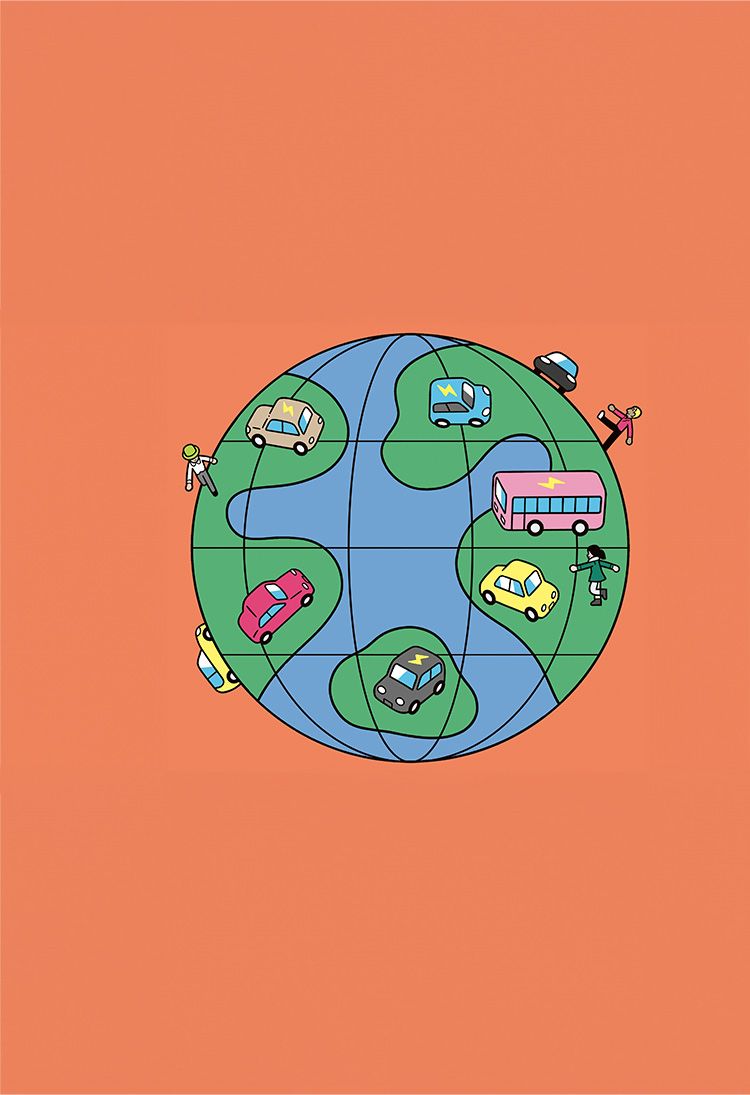
FOOD Ø
ZIS is committed to ensuring that its food is locally sourced, minimises packaging and reduces waste, while making sure that any waste is disposed of sustainably.
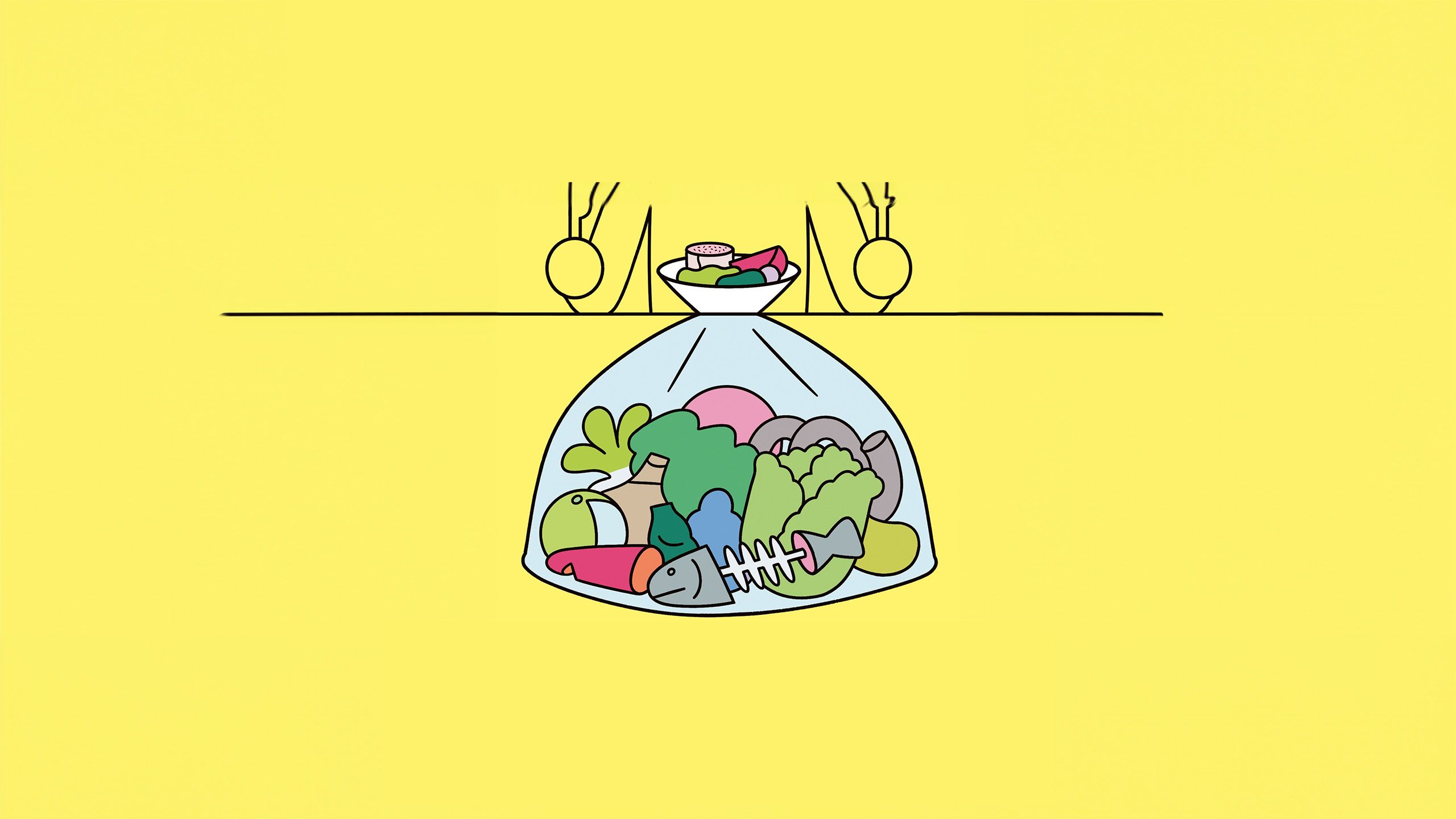
The ocean is constantly changing, says Sophie, both because of climate change and natural processes. “We can hope that biology is adaptable and will be able to adapt to these changes. But ultimately, we don’t really know what’s going to happen. And if we can’t understand the basics, forming models will become very difficult.
“Large phytoplankton blooms – sometimes so big they can be seen from space – are included in a lot of these big models, because they contribute to the systems. Understanding smaller processes helps us look at the bigger processes and understand those better.”
Also looking to the sea for sustainable inspiration is Matthew Perkins, Class of 1997 (1991-97), who spent a decade working in the seed genetics field before founding the sustainable seaweed startup Macro Oceans. Right now, he points out, the world is reliant on petroleum-based products – from clothes and cosmetics to computer components. Industries, too, are heavily dependent on chemicals made from petroleum, and all these products will need to be replaced – soon.
“We are going to see a huge leap in all things bio as a replacement for petrol,” says Matthew. “Bio could be things like terrestrial agricultural crops, bacteria that ferment things, fungi or algae – aquatic life forms which are also aquatic plants, such as seaweed. We were intrigued by seaweed, as it’s existed for thousands of years as a food for humans. The Japanese eat 30 different kinds of seaweed each week.”
Don't wait for this current generation to solve this problem for you. Get out there and make the change you want. You're way more powerful than you imagine
ENERGY Ø
ZIS is switching to 100 per cent renewable energy (to be delivered by 2030), introducing geothermal temperature control system, only buying renewable energy and installing solar panels across both campuses.
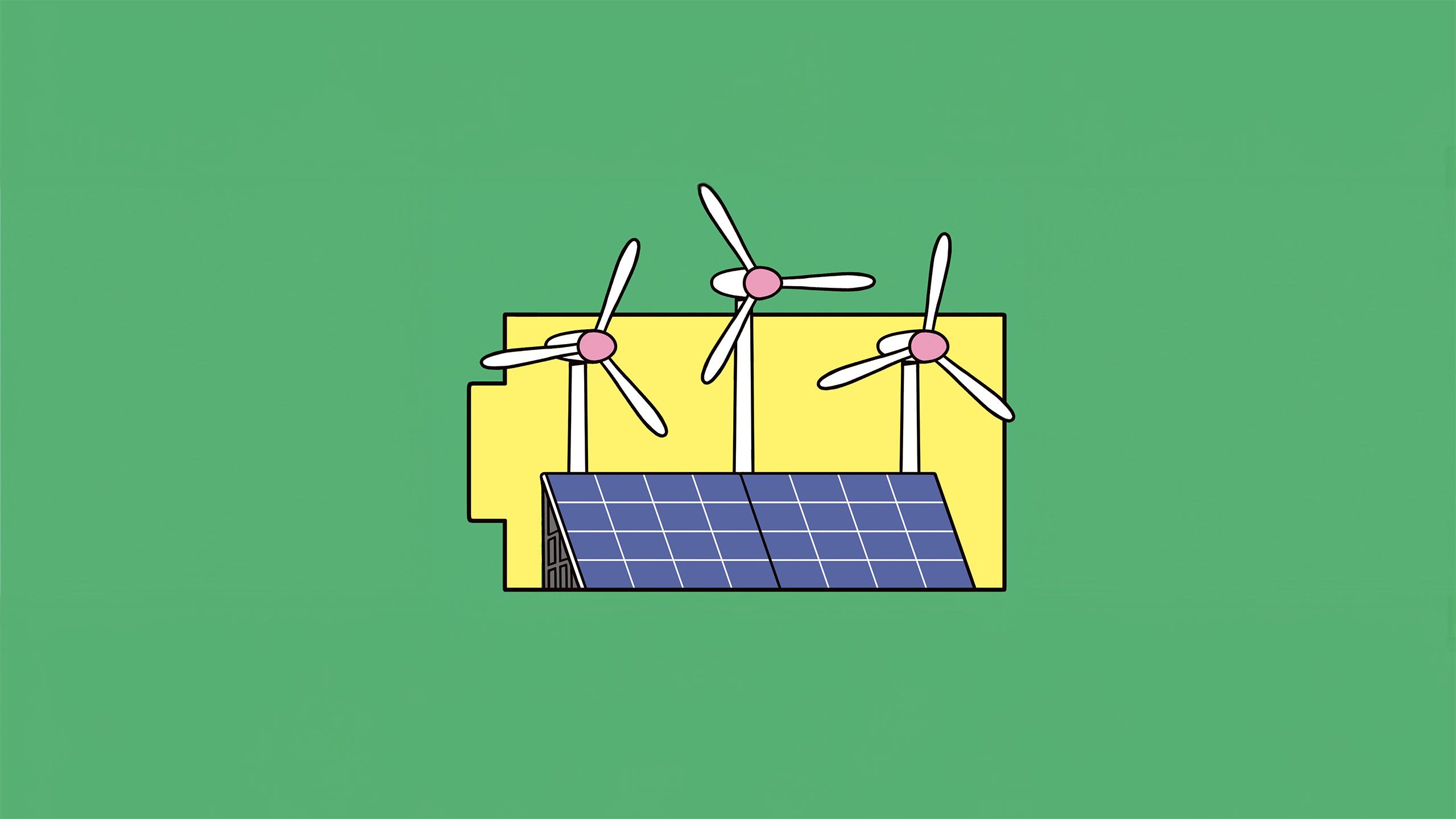
Seaweed, Matthew discovered, is an intriguing crop. Not only does it grow in the ocean without needing additional nutrients, but it also processes excess nutrients, which reduces ocean acidification. It produces oxygen, which benefits marine life and, like phytoplankton, it’s very good at carbon capture – 10 tons of seaweed equates to one ton of carbon removed from the atmosphere. But most excitingly, it’s also a carbohydrate-rich crop, meaning that it’s a perfect substitute for corn, including in the composition of fibres, animal feed and fuel. So Macro Oceans was born. Its purpose: to develop the technologies necessary to process seaweed effectively and at scale, and to create product formats for western industrial markets.
Of course, having the idea is just the beginning. The practical problems involved in kelp farming and processing at scale are immense. “When you harvest seaweed, you have to pull it all out of the water in roughly six to eight weeks,” Matthew points out. “Once it’s out of the water, you can’t just leave it, because it will rot very quickly. So, you can either freeze it, or dry it. Both those things are inefficient, expensive and energy intensive. That’s why we invented a process to store wet seaweed at room temperature for up to 12 months. You must be sure that by trying to solve the original problem, you’re not making an even bigger mess of things.” The company started selling its first product – a cosmetic ingredient for skincare applications – this summer.
Ten tons of seaweed equates to one ton of carbon removed from the atmosphere
SUPPLY CHAIN Ø
ZIS is reviewing its relationships with all suppliers to ensure that its sustainable supply is robust, and is working to address environmentally friendly practices with its top 10 providers
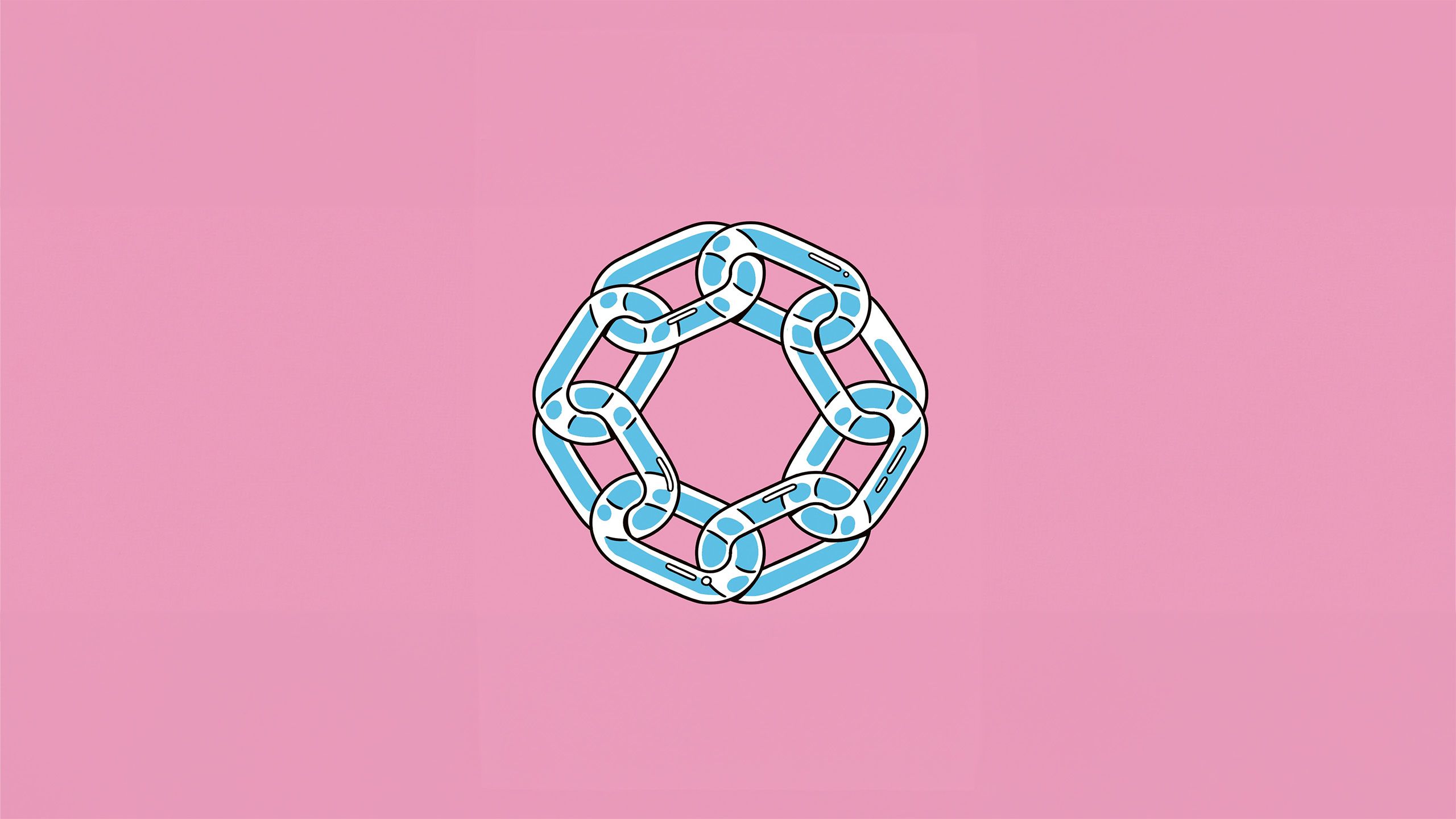
It’s proof, of course, that at least half the battle is getting innovation and science into the real world, where consumers and businesses can make use of it. Which is where changemakers and entrepreneurs, such as Pauline Op de Beeck, Class of 2011 (2001-09), come in. She spent six years at The Carbon Trust, which partners with leading businesses, governments and financial institutions to accelerate their route to net zero. This year, she became Environmental Portfolio Lead at the Apparel Impact Institute, an organisation that aims to spur collective action in the fashion industry to select, fund and scale projects to reduce environmental impacts.
Like Sophie, Pauline was inspired by a documentary. She was 13 and a student at ZIS when she watched Al Gore’s climate change film An Inconvenient Truth – and it sparked a lifelong passion for sustainability. “At 13, I didn’t understand how the world works,” she remembers. “I thought: how can these businesses just do this? This is terrible. Today, experience has taught me that you cannot simply just change things from one day to the next. If you did so, you would become insolvent immediately.”
Nonetheless, the past few years, she says, have seen a shift in how business thinks: leaders and managers are beginning to realise that life will be very different as climate change takes hold. Getting to net zero is no longer about just doing the right thing, or a nice-to-have on the annual report. It’s something businesses will have to do – because their way of working is not compatible with a net zero future where, for example, certain raw materials may simply not be available, or supply chains might be permanently disrupted. “We live on a finite planet with finite resources. So obviously moving to a circular economy makes sense because at some point we will run out of resources. It’s future proofing businesses or countries against not just climate change, but also resource constraints.”
Businesses are also realising that many of the changes they will have to make are, overall, positive changes. “Yes, they are difficult to implement, but they are inherently good things to do and have financial, social and wellbeing benefits,” says Pauline. “People can see that there are benefits associated with aligning to net zero. And that’s being taken into consideration, along with the financial perspective, which is ultimately what affects change.”
Nobody said changing the world was going to be easy but, says Matthew, everyone can bring something to the table. “We’re not going to solve the climate crisis with seaweed alone. We need hundreds and thousands of things to change at the same time. Many are going to fail, which is a part of innovation. We must be willing to try a lot of things, and hope that some will be impactful and scalable. So don’t wait for the current generation to solve this problem for you. Get out there and make the change you want. You’re way more powerful than you imagine.
